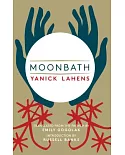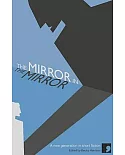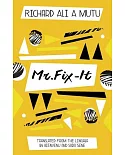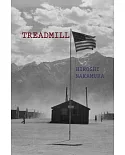Although little known in the West, Kajiyama Toshiyuki was one of Japan's most prolific and popular writers. Celebrated for his crisp, fast-paced style and incisive analysis, Kajiyama's
popularity may be attributed to his finely tuned sense of what many Japanese felt but could not articulate: the feeling of irreplaceable loss that lay beneath post-World War II Japan's highly
successful economic recovery. The son of a civil engineer, Kajiyama was born in Seoul in 1930 and remained there until his family was repatriated to Japan at the end of the war. The Clan
Records: Five Stories of Korea not only offers a sampling of Kajiyama's work in English for the first time but also represents the first English translations from the Japanese that deal with
Korea under Japan's harsh military rule, which lasted from 1910 to 1945.
Kajiyama intended these tales to be one of the components of his "lifework," a trilogy that remained unfinished at the time of his death in 1975. Kajiyama had outlined a tour de force that was
to have focused on three interlocking landscapes - Korea, the place of his birth and childhood; Hawaii, his mother's birthplace and the setting for the Japanese immigration experience; and
Hiroshima, his father's birthplace and the site of the atomic bombing. The Clan Records includes five of Kajiyama's Korea tales, among them the title story "Richo zan'ei," winner of the
prestigious Naoki Prize and the basis of a highly acclaimed movie made in Korea in 1967.
Laced with local expressions and accurate descriptions of Korean culture, Kajiyama's narratives infuse his Korean protagonists with dignity and courage. They depict sensitive subjects in an
unusually subtle and emphatic manner without being patronizing. In these stories, too, Kajiyama avoided the temptation to soften the often brutal consequences of the inhumanity of the Japanese
occupation.





















